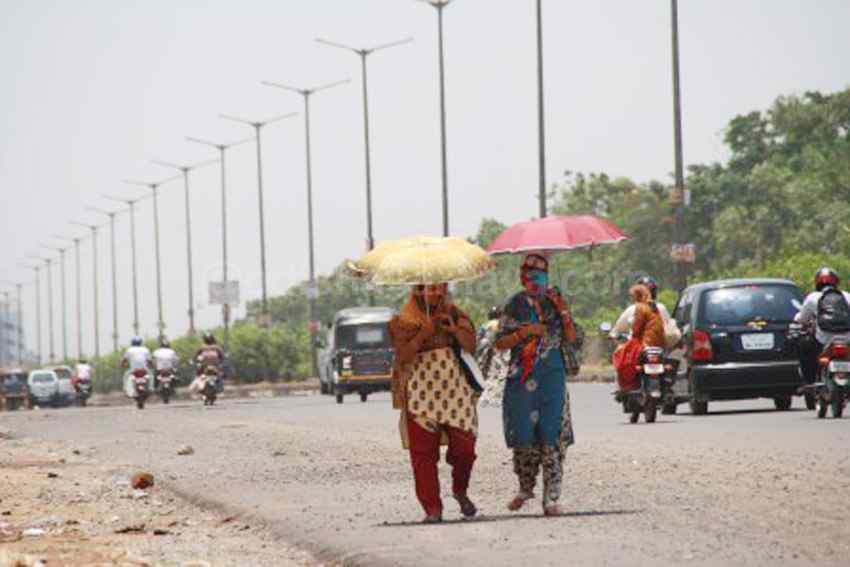As summer approaches, the India Meteorological Department (IMD) has issued a warning about more heatwaves likely to hit various parts of the country compared to last year. States like Andhra Pradesh, Gujarat, and Maharashtra are expected to be particularly affected. Heatwave days are when temperatures soar to at least 4.5°C above normal or exceed 45°C for two consecutive days.
The reasons behind these scorching temperatures are manifold. India is grappling with an El Niño wave, which typically leads to less rainfall and higher temperatures. Additionally, the broader issue of global warming exacerbates this situation by causing faster melting of Arctic ice, leading to fewer clouds and drier ground temperatures.
This year, the IMD’s warnings carry more weight as millions of people are anticipated to line up outside polling stations during the hot afternoons of April and May. Last year, a tragic incident occurred during a political event in Navi Mumbai, where 12 individuals died from dehydration, and hundreds were hospitalized. This unfortunate event underscores the lack of attention given by authorities to the health risks posed by heatwaves.
Even in the face of such warnings, the measures taken by authorities, such as the Election Commission of India, remain inadequate. The advisories issued by them are generic, with little emphasis on addressing the specific challenges posed by extreme heat. There have been suggestions to hold elections during cooler months, but these proposals often fall by the wayside.
India’s vast size and logistical complexities necessitate innovative approaches to tackle the heatwave crisis, especially during elections. It’s high time that the electoral process considers creative solutions to ensure the well-being of voters amidst rising temperatures and the evident links between heatwaves, climate change, and health.
In conclusion, as the threat of heatwaves looms larger, it’s crucial for authorities to take proactive measures to mitigate the impact, especially during significant events like elections, to safeguard public health and well-being.
